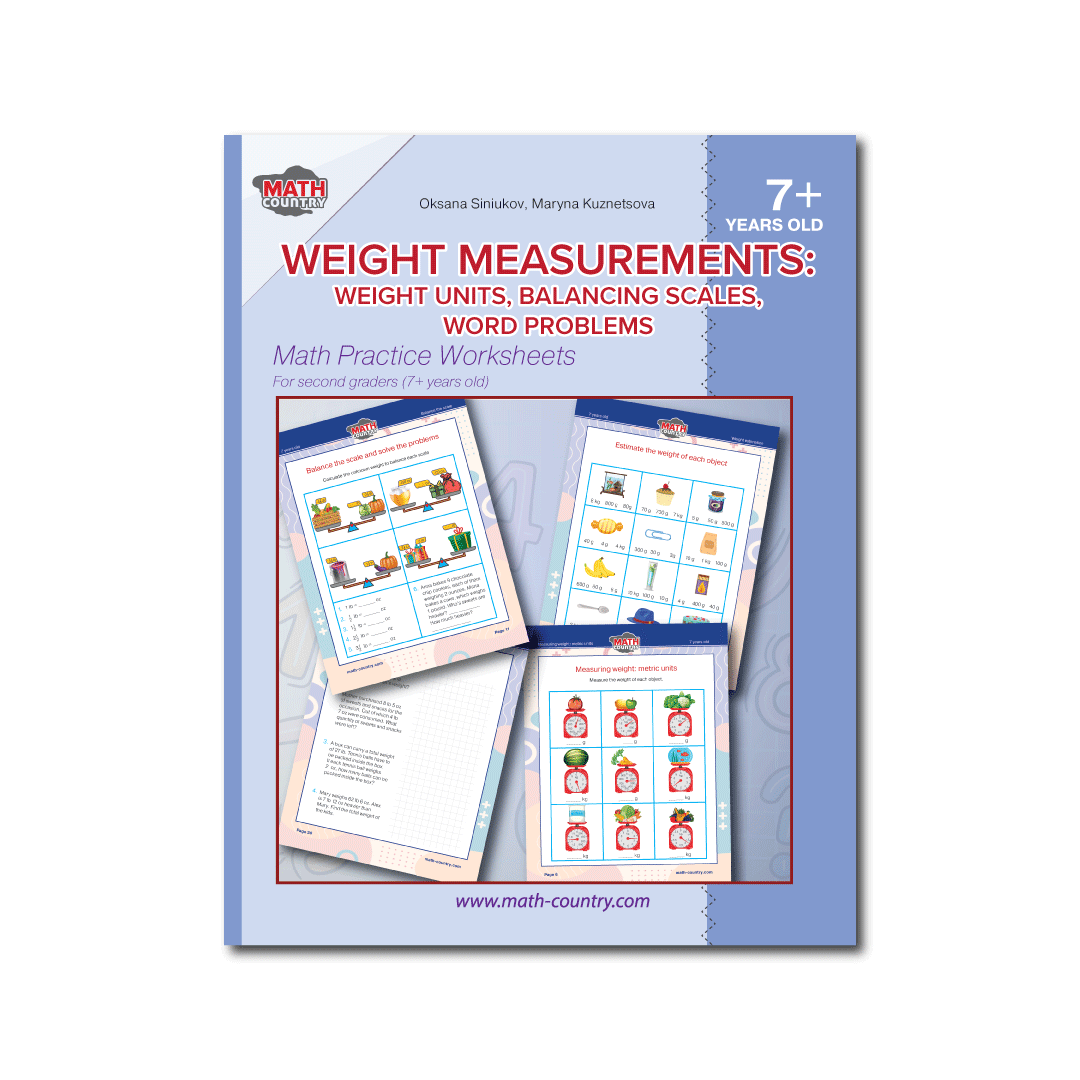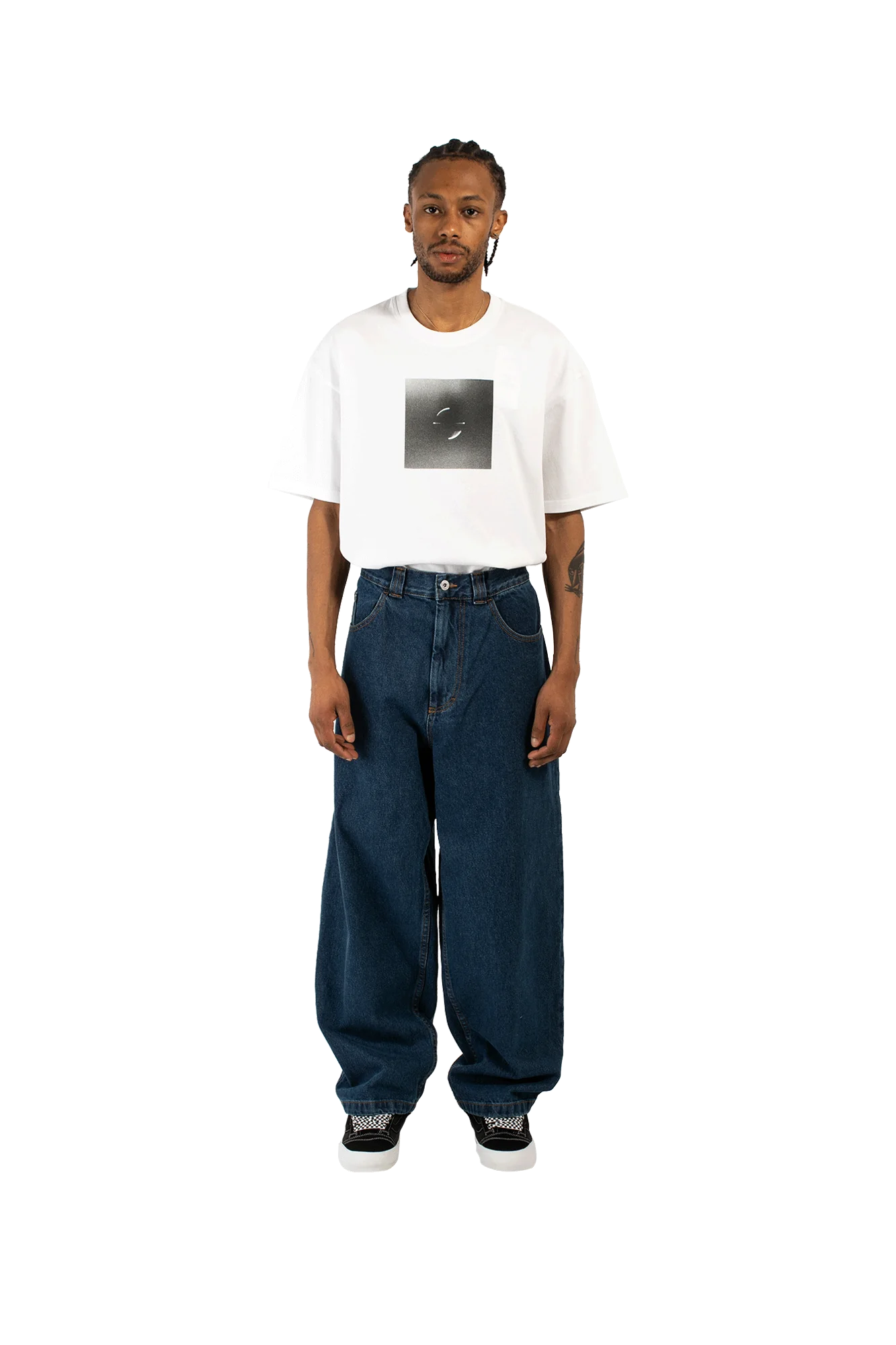Jeans are a timeless wardrobe staple, but have you ever wondered about the weight of jeans in kg? If you're like most people, you might not have given it much thought. However, the weight of jeans can significantly impact your comfort, style, and even travel plans. Whether you're packing for a vacation or just curious about how much your favorite pair weighs, this article will break it all down for you. So, let's dive in!
When we talk about jeans, we often focus on the fit, style, and brand. But the weight of jeans is equally important, especially if you're someone who loves traveling light or is concerned about luggage allowances. Understanding the weight of jeans in kg can help you make smarter decisions when shopping or packing.
From lightweight summer jeans to heavy-duty denim for colder weather, the weight of jeans varies depending on the material, construction, and purpose. In this article, we'll explore everything you need to know about jean weights, including how they're measured, what factors influence them, and how to choose the right ones for your needs. Let's get started!
Read also:Meredith Adkins The Rising Star You Need To Know
Understanding the Basics of Jean Weight
Before we dive deep into the specifics, let's talk about what exactly jean weight means. The weight of jeans is typically measured in ounces (oz) per square yard, but when it comes to converting it into kilograms, things can get a bit tricky. On average, a standard pair of jeans weighs around 500 grams to 1 kilogram, depending on the fabric thickness and design.
In the world of denim, weight is categorized into three main types: lightweight, medium-weight, and heavyweight. Each type serves a different purpose and is suited for various occasions. For example, lightweight jeans are perfect for summer, while heavyweight jeans provide warmth during colder months.
How Jean Weight is Measured
Now, let's break it down further. The weight of jeans is determined by the thickness and density of the denim fabric. Denim fabric is usually measured in ounces per square yard, with lighter options falling between 8 to 12 ounces and heavier ones ranging from 14 to 18 ounces or more.
To convert this into kilograms, you'll need to consider the entire garment. On average:
- Lightweight jeans (8-12 oz) weigh around 0.4-0.6 kg
- Medium-weight jeans (12-14 oz) weigh around 0.6-0.8 kg
- Heavyweight jeans (14-18 oz) weigh around 0.8-1.2 kg
Factors That Influence Jean Weight
Several factors contribute to the overall weight of jeans. Understanding these factors can help you make informed decisions when purchasing denim. Here are the key elements to consider:
Material and Fabric Composition
The type of fabric used in jeans plays a significant role in determining their weight. Traditional denim is made from 100% cotton, but modern jeans often include blends of elastane, polyester, or other synthetic fibers. These blends can affect both the weight and flexibility of the fabric.
Read also:Puppy Girlfriend The Cutest Trend Thatrsquos Taking The World By Storm
For instance, jeans with a higher percentage of elastane tend to be lighter and more stretchy, making them ideal for everyday wear. On the other hand, pure cotton jeans are heavier but offer a more structured and durable fit.
Why Does Jean Weight Matter?
You might be wondering, "Why does the weight of jeans even matter?" Well, the weight of your jeans can impact several aspects of your life, from comfort to practicality. Here's why it matters:
Comfort and Fit
Lightweight jeans are perfect for warmer climates as they allow for better airflow and breathability. If you live in a hot and humid area, opting for lighter denim can significantly enhance your comfort. Conversely, heavyweight jeans are great for colder weather, providing insulation and warmth.
Additionally, the weight of jeans can affect how they drape and fit on your body. Heavier denim tends to hold its shape better, while lighter options may stretch out over time.
Choosing the Right Weight for Your Needs
Now that you understand the basics, how do you choose the right weight for your jeans? Here are some tips to help you decide:
Consider the Season
If you're buying jeans for summer, go for lightweight options that won't make you feel suffocated in the heat. For winter, opt for heavier denim that can keep you warm during chilly days.
Think About Your Lifestyle
Your daily activities should also influence your choice. If you're an active person who spends a lot of time outdoors, you might prefer jeans with a bit of stretch for added comfort. On the other hand, if you're into fashion and want a more structured look, heavier denim could be the way to go.
How to Measure the Weight of Jeans at Home
Curious about the exact weight of your favorite pair of jeans? You can easily measure it at home using a digital kitchen scale. Simply place the jeans on the scale and note the reading. Most jeans will fall within the 0.5-1 kg range, but this can vary depending on the brand and design.
Tips for Accurate Measurements
To ensure accurate results, follow these tips:
- Remove any accessories, such as belts or wallets, before weighing
- Ensure the scale is calibrated correctly
- Use the same scale for all measurements to maintain consistency
Common Misconceptions About Jean Weight
There are several myths surrounding the weight of jeans that can confuse consumers. Let's debunk some of the most common ones:
Myth: Heavier Jeans Are Always Better
While heavyweight jeans are durable and stylish, they aren't necessarily better than lighter options. It all depends on your personal preference and the occasion. Lightweight jeans can be just as high-quality and versatile.
Myth: Denim Weight is Uniform Across Brands
Each brand has its own way of measuring and categorizing denim weight. What one brand considers "lightweight" might be "medium-weight" for another. Always check the specific details provided by the manufacturer.
Statistics and Data on Jean Weight
According to a study conducted by Denim Experts, the global demand for lightweight denim has been steadily increasing over the past decade. In 2022 alone, sales of lightweight jeans grew by 15%, driven by consumer preferences for comfort and versatility.
On the other hand, heavyweight denim remains popular in colder regions, with countries like Canada and Russia seeing a significant increase in demand during winter months.
Key Takeaways from the Data
Here are some key insights from the research:
- Lightweight jeans account for 40% of the global denim market
- Medium-weight jeans make up 35% of sales
- Heavyweight jeans represent 25% of the market share
How to Care for Jeans Based on Their Weight
The weight of your jeans can also affect how you care for them. Proper maintenance ensures that your denim stays in great condition for years to come. Here are some care tips based on jean weight:
Lightweight Jeans
Since lightweight jeans are more delicate, it's important to wash them gently. Use a mild detergent and avoid high heat when drying. Air-drying is always the best option to prevent shrinkage.
Heavyweight Jeans
Heavyweight jeans are more durable, so they can handle a regular wash cycle. However, it's still a good idea to turn them inside out before washing to preserve their color and texture.
Final Thoughts
In conclusion, understanding the weight of jeans in kg can help you make smarter fashion choices. Whether you prefer lightweight, medium-weight, or heavyweight denim, there's a perfect pair out there for everyone. Remember to consider factors like season, lifestyle, and personal preference when selecting your jeans.
Now that you're armed with all the knowledge about jean weights, why not share your thoughts in the comments below? Let us know which type of jeans you prefer and how this information has helped you. And don't forget to check out our other articles for more fashion tips and tricks!
Table of Contents


